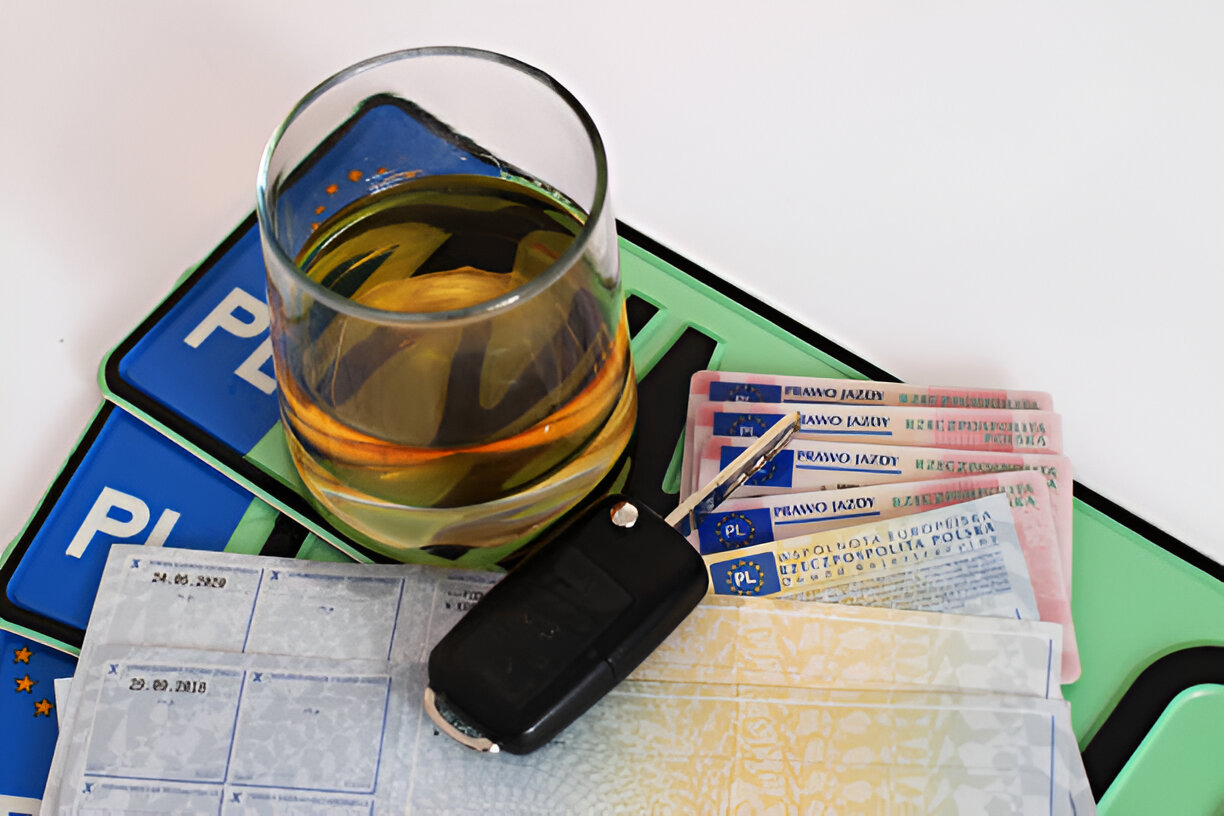Acquiring a Liquor License: Steps, Challenges, and Tips
Key Takeaways:
- Understanding the importance of acquiring a liquor license for your business.
- Comprehensive steps for obtaining a liquor license.
- Common challenges faced during the application process and how to overcome them.
- Helpful tips and resources to make the process smoother.
Table of Contents:
- The Importance of a Liquor License
- Steps to Obtain a Liquor License
- Tips for a Smooth Process
- Conclusion
The Importance of a Liquor License
For businesses looking to serve alcohol, having a liquor license is not just a legal requirement—it’s crucial for operating smoothly and avoiding hefty fines. Licenses ensure that the establishment adheres to local laws and regulations, promoting safety and compliance within the community. Furthermore, having a liquor license could significantly increase your business’s profit margins. A more extensive beverage menu often attracts a broader range of customers, enhancing your offerings and overall customer experience. To facilitate this process, you might want to explore the services of alcohol license Dallas TX specialists who can guide you through the intricate legal landscape.
According to data, liquor sales can significantly boost restaurant revenues, contributing to as much as 20-30% of total sales in some establishments. For bars and nightclubs, this percentage can be even higher. The revenue generated from alcohol sales is instrumental in covering the operational costs and achieving higher profit margins. Given these financial implications, obtaining a liquor license can be a game-changer for your business.
Steps to Obtain a Liquor License
The process of obtaining a liquor license can vary by state, but it generally involves several critical steps that applicants must follow meticulously to increase their chances of approval:
- Determine Your License Type: Different licenses exist based on your business type (e.g., restaurant, bar, retailer). It’s essential to know the specifics of what your establishment needs. Research the various types of licenses to identify the one that best aligns with your business model. Some states offer special permits for events or temporary sales, which might be worth considering if your needs are short-term.
- Research State and Local Requirements: Each state has its own set of rules and required paperwork. Local municipalities might also have additional regulations that you must comply with. Ensure you understand state and local directives by consulting official government websites or, better yet, seeking advice from a local attorney specializing in alcohol licensing.
- Prepare Your Documents: Commonly required documents include proof of business ownership, business plans, financial statements, and personal information like social security numbers and criminal background checks. The comprehensiveness of your documentation can significantly impact the success of your application. Double-check all documents for accuracy and completeness to avoid delays or denials.
- Please submit the Application: Fill out the appropriate forms and submit them with the required fees. This step may also include a public notice and a waiting period for community members to voice their concerns. Be prepared to address any objections that may arise and have a plan to show how your business will benefit the local community.
- Pass Inspections and Background Checks: Many states require your business to pass health and safety inspections and may conduct background checks on the owner and key employees. Ensuring your premises are up to code can expedite this process. Additionally, having a clean criminal record is often a prerequisite for approval.
Tips for a Smooth Process
Here are some actionable tips to streamline your liquor license application:
- Start Early: As mentioned earlier, the licensing process can be lengthy. Submitting your application early can prevent potential delays and provide ample time to resolve any unforeseen issues.
- Seek Professional Help: Consider hiring a consultant who specializes in liquor licenses. Their expertise can be invaluable in navigating the process efficiently. A professional can offer insights and strategies aligned with your business objectives, ensuring that all documentation and legal requirements are met accurately.
- Stay Organized: It is crucial to keep all necessary documents and deadlines in order. Use checklists to ensure nothing is overlooked, and use project management software to track the progress of your application and keep all stakeholders informed.
- Attend Local Meetings: Local councils or boards often hold meetings discussing liquor licenses. Being present can provide insights and help address any community concerns. It’s also an opportunity to build relationships with local officials, which can be advantageous during approval.
Conclusion
Obtaining a liquor license is vital for any business aiming to serve alcohol. While the process can be intricate and time-consuming, understanding the steps and preparing adequately can significantly smoothen the journey. Proper planning, thorough documentation, and consultation with professionals can ensure compliance and increase the likelihood of a successful application. Use all available resources and consult professionals to ensure compliance and successful acquisition. By doing so, you’ll position your business for success, enabling it to flourish while offering an enhanced experience to your patrons.







